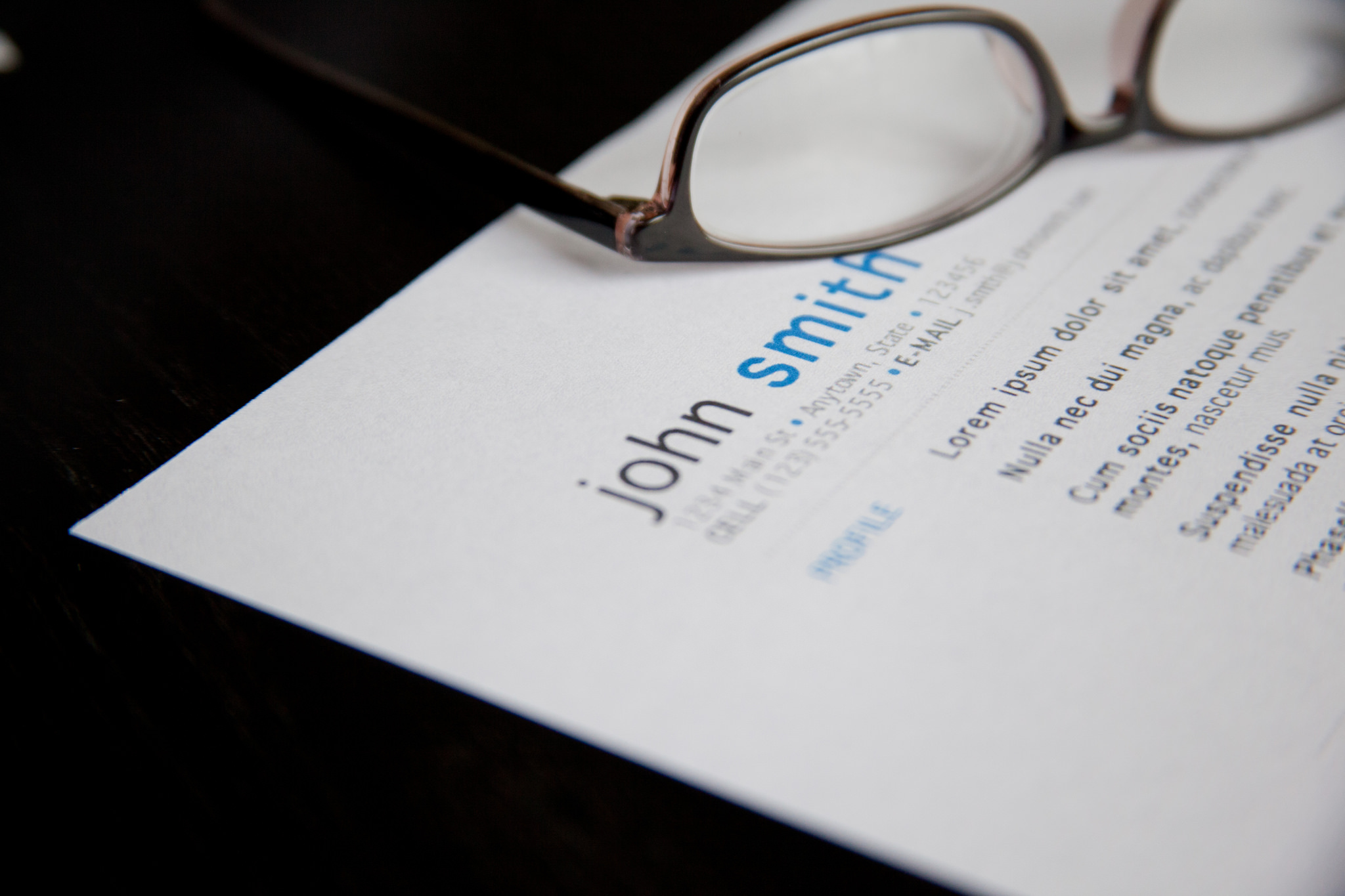How To Prepare For Interviews Starting With Your Resume

Having cleared the recruiter’s 6 second test and securing an interview, it is essential that you make a good first impression on the employer. This will need some ground work. Your weapon here is your resume and you must remember to sharpen the edges. Your resume needs to be flawless and you should be fluent with what you’ve mentioned in there. The following points will make your endeavour a lot easier:
1. No errors, no comedy
Spoiling your first impression is the last thing you want to do in an interview. Make sure your resume doesn’t become the culprit here. Check your resume thoroughly for spelling errors, inconsistencies, accuracy of information, and formatting.
2. Know your resume
You don’t want to come across as someone who has written things only to embellish the resume. Take time and read what you have included in the resume. Contradicting your own resume is not the best way to start a relationship with a prospective employer.
3. Go back to the start
Take time before the interview and reflect on the chronology of your career. It is a given that every interviewer would want to know about what and how you have performed in your past. These questions are asked with a basic intent of knowing if you are fit for the current role. To be sure that you are not missing out on important information about your career progression, prepare:
• Chronology of career milestones
• Responsibilities held in each role
• Achievements in each role
• Skills pertinent to each profile
• Learnings derived from each position held
• Reason for moving away from a role or an organisation
4. Establish trust
An interviewer is likely to hire you when they are convinced that the role on offer needs a person like you. The skills and experience detailed in your resume may lay the grounds, but making it through still remains a function of how you sell yourself. You must be able to portray alignment between the skills that you have already acquired and the ones that are requisite for the role you are interviewing for. You must guide the interviewer to see how you and your experience can be of particular use to the organisation.
5. Practice story telling
The interviewer is likely to deep dive into a few roles performed by you, mostly into the ones that seem relevant to the current job description. We recommend that you build up convincing stories around each role. This will also help in establishing trust with the interviewer.
Think of and elaborate on situations where you displayed qualities like problem-solving, critical thinking, leadership, or team work. Try and talk about qualities that are crucial to the profile on offer, in a subtle yet impactful manner.
Most importantly, don’t mention anything that you have never done. Overstating is likely to do more harm than good.
Key Takeaways:
- Your resume should be error free and you should know each detail you have mentioned therein
- Walk the interviewer through your professional journey
- Research the role and the organisation
- Align your skills to the role and your qualities to those valued by the company
- Build trust with the interviewer
Image credits: flazingo.com




